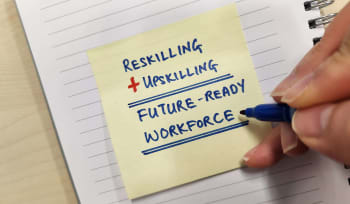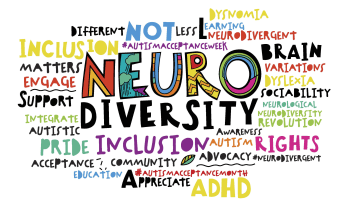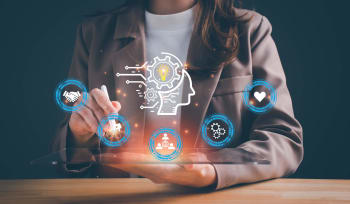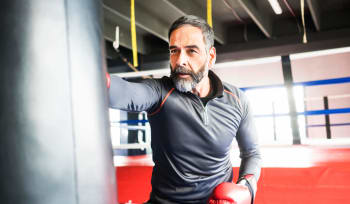This CPD article on the UN Sustainable Development Goals was provided by Gaia Education, who provide programmes to equip students of all ages and cultural backgrounds with the appropriate knowledge, skills and critical thinking tools necessary to design a society which uses energy and resources with greater efficiency, distributes wealth equitably, and makes quality of life the focus of future thinking.
What are Sustainable Development Goals (SDGs)?
The 2030 Agenda for Sustainable Development, adopted by all UN member states in 2015, is one of the most ambitious projects the world has ever embarked on. At its core are the Sustainable Development Goals (SDGs), a blueprint for a sustainable earth with peace and prosperity for all. The SDGs consists of 17 goals and 169 targets covering inequality, environment, health, conflict, industry, education and sustainable communities.
How is the UK performing?
In 2015, the UK took a leading role in the negotiation of the Sustainable Development Goals, and as the fifth largest economy in the world, it is also expected to take a leading role in delivering the SDGs. In many areas, the UK is succeeding. Awareness of the goals and therefore implementation has grown significantly over the past three years.
A report commissioned by the UK Stakeholders for Sustainable Development (UKSSD), a network for organisations working to advance sustainable development and the delivery of the SDGs in the UK, found out of 143 relevant targets, the UK is performing well on 24%. Universal health care, a strong economy, good education and a stable governmental system means the UK scores highly in areas such as health and wellbeing (SDG3), quality education (SDG4) and partnerships for the goals (SDG17). This summer, for the first time renewable energy surpassed energy created by fossil fuels in the UK, and in October, 98% of Scotland’s energy demand was met by wind power.
From local to global
UKSSD director Emily Auckland claims the SDGs offer the opportunity “to create a new social contract between government and citizens, to address systemic problems in a coherent way, and to create a culture of collaboration and partnership with stakeholders in the UK”. SDGs must become a central concern of governments and a guiding force to private businesses, but this alone will not activate the 2030 Agenda. To achieve their aims the SDGs cannot remain limited to international political circles, enforced from the top down. The goals must become relevant at every level of society, from public laws to businesses, academia to grassroots movements and even to individuals.
All across the UK, organisations, charities, businesses and individuals are working on the SDGs. Raising awareness of the goals, through conversations, community groups and SDG trainings, is central to their success. Agenda 2030 will not come around by individual or local actions alone, nor will it succeed if it is limited to international governmental policy. The SDGs must be enacted at every level of society.
Adapting the SDGs to unique local contexts will elevate them with personal meaning, creating a sense of local ownership. The SDGs can be used to guide local activism and social change, empowering communities and demonstrating they have the ability to bring tangible change to the world.
Three steps to success
Here are three ways you can contribute to the local and global success of SDGs:
- Educate yourself and others: Think about how the SDGs are relevant to you or your community. Discuss them with your friends, family and work colleagues. There are many resources available online such as the UN’s “Lazy Person’s Guide to Saving the World” and Gaia Education’s SDG flashcards and handbook.
- Make conscious life choices: Are you buying responsibly sourced food or clothing? Maybe you could cycle, walk or take public transport, rather than drive? Look at your waste management and avoid single-use plastics.
- Become a change agent: Join a local advocacy group, take an interest in your community. Help others who are less fortunate. Push for change: vote, make your voice heard, volunteer and take action.
We hope this article on UN Sustainable Development Goals and a guide to global change was helpful. Please visit the CPD Industry Hubs for more courses, events and providers suitable for your Continuing Professional Development requirements.













